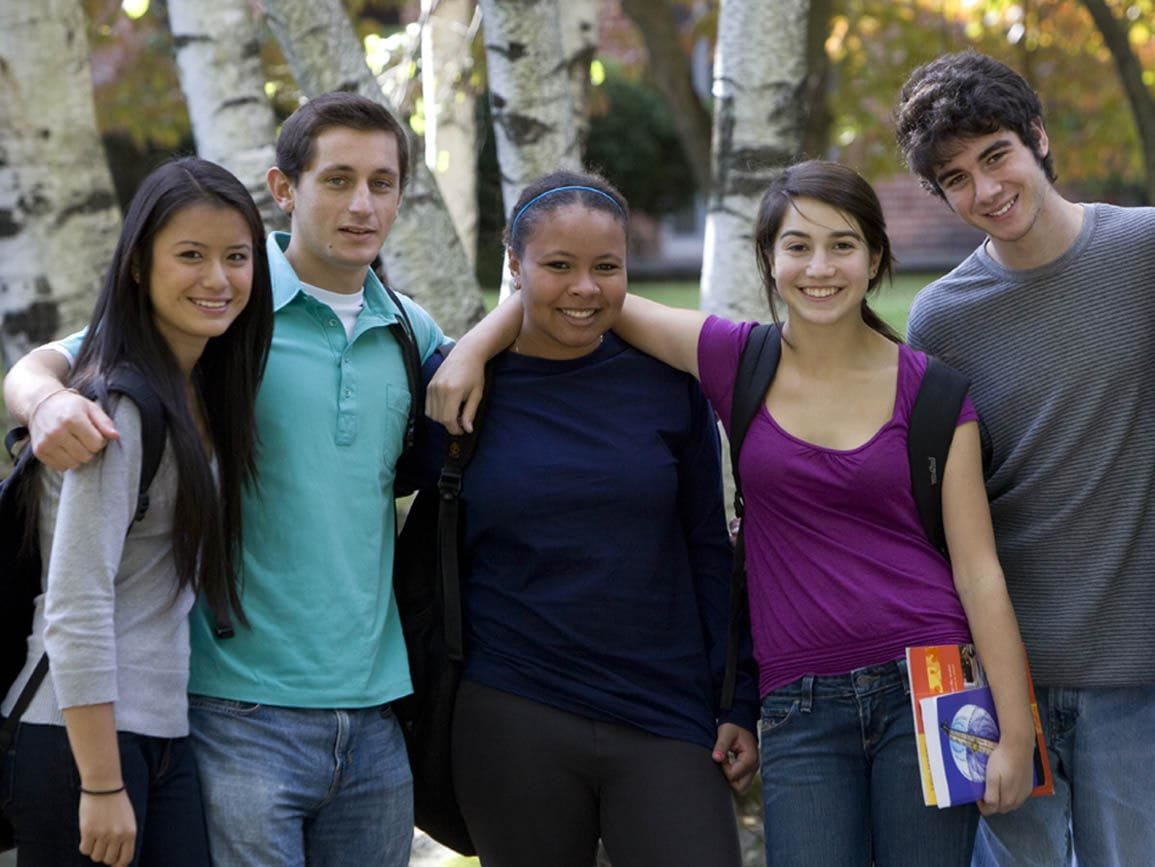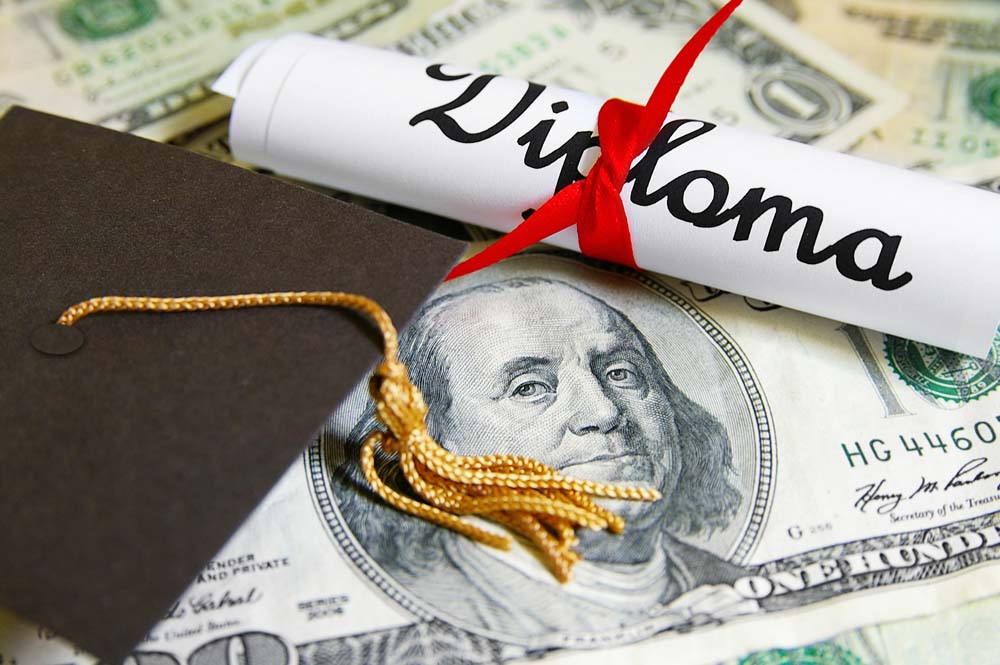At Bright Horizons, we honor the mosaic of people, talents, and achievements that make us who we are. As we celebrate Asian American and Pacific Islander (AAPI) Heritage Month, we’re excited to highlight some of the stories, children’s games, and recipes that are near and dear to our AAPI community.
What AAPI Heritage Month Means to Bright Horizons Employees
Asian American and Pacific Islander Children’s Games
Food Recipes from Asian American and Pacific Islander Cultures
What does AAPI Heritage Month mean to you and what can you share as it relates to your heritage?
“I was born in America, but my parents are Indian and Pakistani. For me, it is important to embrace all three cultures and it shows in the way I present myself in all aspects of my life — from being trilingual to wearing a hijab to being respectful of others. Essentially, my parents came to America to build a brighter future with better opportunities not just for themselves, but for their children.” – Aamena, Health & Safety Director
“It’s always a surprise to me when people do know about the Hmong community because it seems like we are not as largely known. A lot of my family came over to the U.S. as refugees and they are a part of history. My grandpa’s brothers allied with the U.S. in the Secret War during the Vietnam War, which is so crazy to think about! My grandpa loved teaching and went to school for it in Laos. When the war broke out he had to escape to Thailand for safety. He later brought his skills and love for teaching to the U.S., and this year, he is retiring from being a school counselor at the University of California Merced.
My grandma likes me to speak Hmong to her, but, fun fact, she knows English very well as she used to work as a Hmong translator at hospitals. I know that’s just her way of telling me to keep my native tongue alive. I believe the Hmong community is underrepresented at times — but, I do have to say, ‘GO SUNISA!’ Sunisa Lee, the first-ever Hmong American to be named to any U.S. Olympic Team, was part of another proud moment in history and helped shed some new light on the Hmong community. This month isn’t just about being Hmong or Asian American, it’s a reminder of our roots and all that our families have overcome to give us this crazy beautiful thing called life.” – Angelica, Learning & Development Specialist
“AAPI Heritage Month makes me pause, reflect, understand, and embrace my roots. As I get older (and hopefully wiser), I want to learn more about my heritage and know about my ancestors and their struggles. I am proud to work for a company that has given me a platform to speak and share my story.” – Anuja, Director, Marketing Automation
“AAPI Heritage Month gives us a chance to highlight the achievements of the AAPI community that normally don’t make the front-page news (or even back-page news sometimes!). In my case, I like to share stories of Filipinos and Filipino-Americans. It also is a great time to teach about our history, the contributions we have made, pieces of trivia, and FOOD!” – June, Center Director
“I feel that often, countries of the Middle East are left out of conversations as it relates to the Asian American experience and heritage. We are often grouped together vs. with our brothers and sisters in Asia, due to the assumption that as Middle Easterners, we have more in common with each other than with other Asians. I’m from Iran and migrated to America when I was 10 years old. I spent my childhood thinking I was Asian until I came to America and had to “re-understand” my identity, given American definitions and grouping. It’s only been recently that I have started re-identifying with the broader Asian American group and recognizing that we all have a role and purpose in this community, and that it is all valid and deserves to be heard. AAPI Heritage Month to me means a chance to better understand and celebrate our diverse and vast cultures and background, and all of the ways we contribute to make the American experience so rich and beautiful. It also means a chance to ensure my own culture is seen and heard. Lastly, it’s yet another opportunity to ensure my daughter understands who she really is, and have a chance to be exposed even more to my culture, as well as my husband’s (who is of Cambodian descent), and all of the other nationalities and ethnicities that make up this community. ” – Nazanin, Director, Product Management
“I am biologically Korean, but because I was adopted into a Caucasian household, I don't actually know very much about my biological heritage. As a child, I never really identified as Korean, but the older I get, the more I've worked to get to know this part of me. Being able to celebrate this part of who I am and to get to hear from others of the same heritage is really important to me now, as they are my connection to this part of my life.” – Peggy, Health & Safety Director
“AAPI Heritage Month in May always brings opportunities to learn more about AAPI heritage and history for both myself and others, as well. It is a time to honor, celebrate, and remember people in my life that have made a positive impact on my professional and personal journey. As the daughter of Taiwanese immigrants, I think about my family and how they paved the opportunities I have today, along with my friends, colleagues, and mentors that have helped shape my identity. 2021 really brought the population together across the country due to the vast increase in hate crimes and violence against Asian Americans, especially the shootings in Atlanta, which have resulted in an outpouring of community-building and support. This dedicated month highlights the breadth of cultures and communities that are considered “Asian and Pacific Islander” — more than 40 countries and over 100 languages and dialects!” – Sophia, Quality Assurance Manager
Are there any children’s games from your culture you’d like to highlight? What are they called and how are they played?
“It's more of a childhood finger play with a song about a bird. In Gujarati we say, "Chiya chiya aa, daana ka, paani pe, ne urijaa!" English translation: “birdie birdie come, eat the seeds, drink the water, and fly away." It's essentially played by using two fingers to tap in the middle of a child's palm and when the bird flies away, you tickle the child.” – Aamena, Health & Safety Director
“Growing up, we used to a play a fun game called “Dog and the bone.” This game required two teams of 5-10 players each standing almost 15 feet apart. An object (typically a handkerchief) would be placed at the center of the playing area between both the teams. That was called the “bone” and a player from each team would have to come forward and attempt to take the “bone” back to his/her team. The player who failed to take the bone would be disqualified and had to leave the game.” – Anuja, Director, Marketing Automation
“We would play Big Two (大老二), which is a 2-4 player card game where “2” is the largest card of the game. The goal is to play cards from the hand via combinations, such as pairs, triples, flushes, or straights. Other players can counter with the same combination but of a higher value. A player wins once they clear their hand.” – Sophia, Quality Assurance Manager
Do you have a favorite food recipe from your heritage? Does it evoke any special memories or meanings for you?
“My absolute favorite dish is chicken biryani made by my mom. Ever since I was a little kid, my siblings and I got to pick a special birthday meal, and every year, I picked chicken biryani. To this day, my mom makes it to celebrate any milestones or big accomplishments in my life.” – Aamena, Health & Safety Director
“Rice and water. It sounds silly, but it’s the most refreshing thing ever — a scoop of cooked white/jasmine rice in a bowl with water filling up at least half of the bowl. It reminds me of my childhood when my parents would make a meat dish and we would have a bowl of rice and water to eat dinner. It was always the best!” – Angelica, Learning & Development Specialist
“Halwa Poori Chana, which is prepared during Navratri (meaning Nine Nights). This festival celebrates women and is dedicated to a Goddess who killed a demon. This festival evokes a special memory because as a young girl, I would go to my neighbors’ houses and they would feed us Halwa Poori Chana and give us some money (enough to buy candy and small trinkets). Each year we would look forward to this day. You will not see this on a menu at any Indian restaurant, it is only made in homes on this special day.” – Anuja, Director, Marketing Automation
“My favorite Filipino dish is called "sinigang." It is a tamarind-based soup, with vegetables and some kind of meat (can also be made without). I like it when it is super "maasim" (sour). You eat it over hot, white rice. Having this dish reminds me of a home-cooked meal by my dad.” – June, Center Director
“Fesenjan has to be my favorite; just thinking about my grandmother cooking this is making me hungry. I think it’s often intimidating to foreigners because the color and flavors are so unique (it’s basically black because of the pomegranate concentrate), but it’s absolutely delicious.” – Nazanin, Director, Product Management
“A favorite food that I've come to really enjoy is bulgogi. I think it's amazing that certain things transcend cultures. I think this recipe really appeals to me because as a child, we were fortunate to be able to eat lots of meat and potatoes and the bulgogi falls right into that. The steak is so super delicious and I make it with my children now.” – Peggy, Health & Safety Director
“Yes, the most beloved Taiwanese comfort food, Braised Pork Rice (卤肉饭). My dad cooked this dish while I was growing up, and it’s been passed down through so many generations that I still enjoy it today. It is a perfect mixture of small pieces of braised pork belly over white rice, complete with an egg. My extended family would just come together for dinner — no holiday or celebration needed — to eat this dish and other plates of traditional food.” – Sophia, Quality Assurance Manager
While May is AAPI Heritage Month, true diversity, equity, and inclusion happens every day of the year. Learn more about how Bright Horizons celebrates and empowers members of the AAPI community here.





